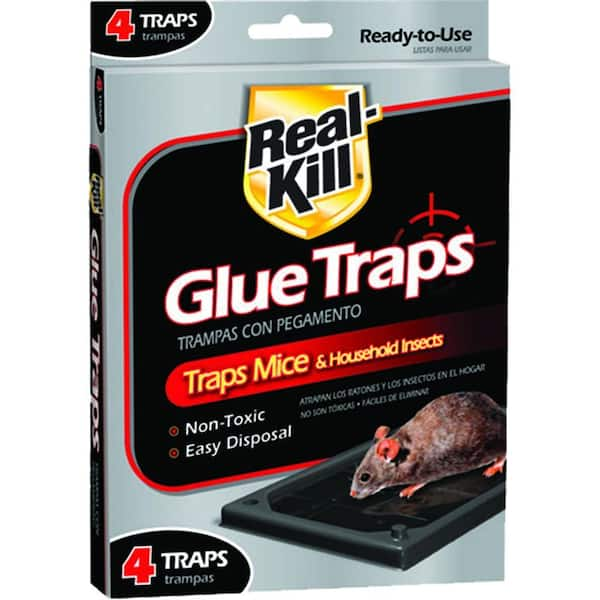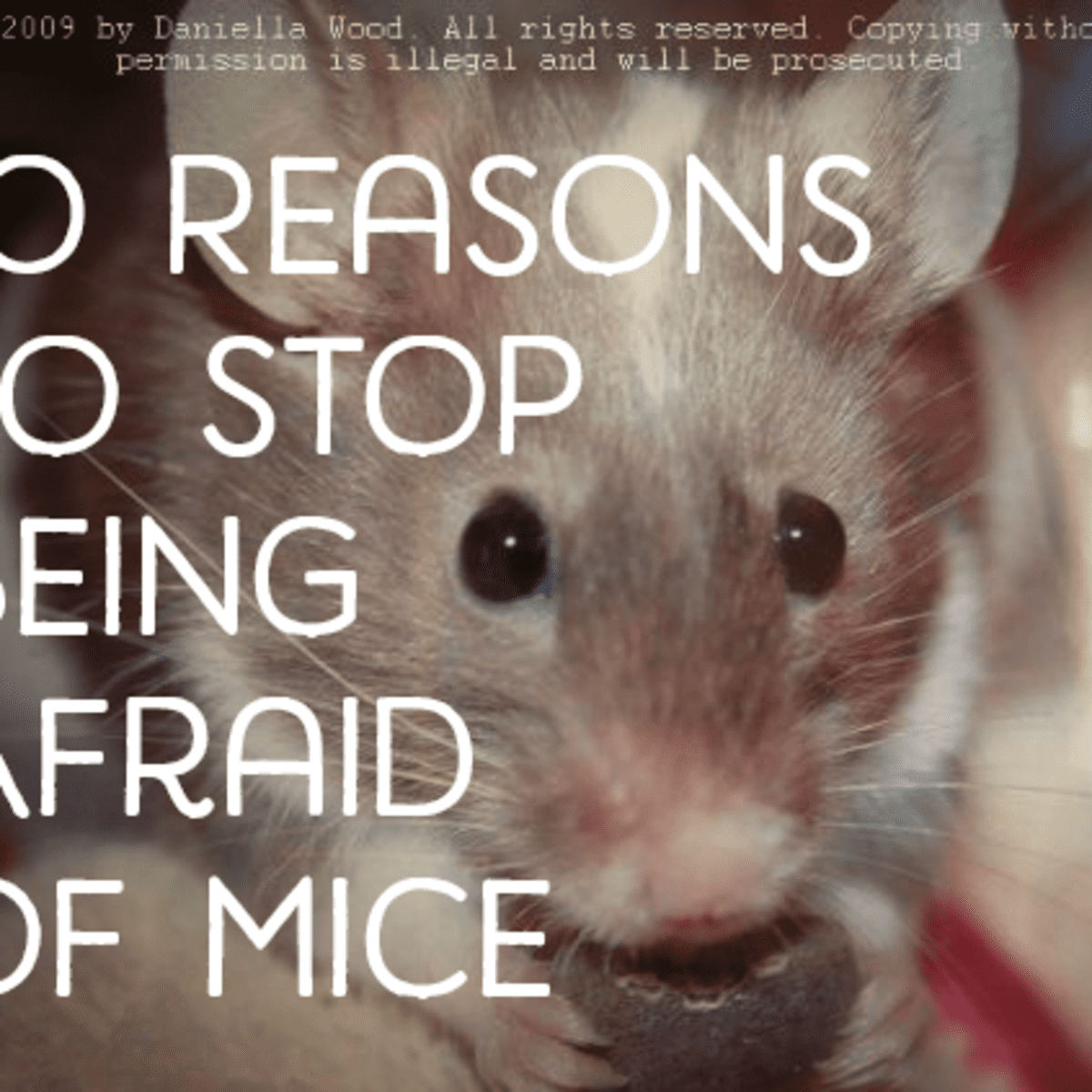Description of the Product
These pesticide-free, safe and non-toxic mouse control products are called Tomcat Glue Traps. Eugenol improves stickiness, which increases gripping power. Captures mice, rodents, and pests effectively Includes Eugenol for enhanced stickiness. You can trap many insects such as spiders, roaches and scorpions. Glue traps are easy to use, allowing placement in small places like entry and garage doors, below windows, near utilities and any other areas where rodents tend to hide.
Ezoon 12 Pack Large Mouse Glue Traps With Enhanced Stickiness, Rat Mouse Traps, Snake Mouse Traps Sticky Pad Board For House Indoor Outdoor, Easy To Set, Extra Large (8.3 X 12)
These mouse glue traps are made of special glue which is strongly adhesive and evenly distributed. Making it easier to catch mice/rats/snakes and other pests while keeping your home tidy, clean and healthy. Great to use in kitchens, homes, restaurants, bars. Easy To Use: Simply put some baits on the middle of mouse traps then place it where rats like to travel and go frequently.
Our 12-Pack of Large Mouse Glue Traps are extra sticky, ensuring those pesky rodents won’t escape.
Catch rats and mice quickly and easily – without the mess!
Looking to get rid of pesky mice and rats?
Ezoon’s 12 Pack Large Mouse Glue Traps could be just what you need!
The Most Effective Mouse Traps for Quickly Getting Rid of Pests
As the fall season approaches, it’s possible to find unwelcome guests in your home. As rodents and mice prefer warmth, it is important that you are prepared for the arrival of home mice. Here are some tips to protect your home and prevent them from becoming pests. Experts at Good Housekeeping Institute suggest that you learn the most effective ways to eliminate mice and that you use the right trap for your situation. It’s easier to fight back once you know how to control pests, and stop mice returning to your home.
We’ve selected the best traps available based on our experience working with trusted brands and key design elements. These mouse traps are great for any type of infestation, including a mouse-infested home.

What About Sticky Glue Traps?
Many people who I spoke to said that sticky glue traps are not for them. They don’t like the flat tray or the three-dimensional objects coated with glue that mice can touch. However, they still use them as they have been successful in the past. The best thing about glue traps is that they are simple to set and don’t need bait.
But I still chose not to test them. I’ve heard too many stories about mice screaming from inside a trash can, starving to death, and chewing or ripping themselves free. These are the worst cases.
Cornell’s Frye stated that glue traps may work for cockroaches but “according the literature, they are not all that effective against mouse.” This was because adult mice possess “guard hairs” which detect textures that differ. The glue trap can be felt by mice and they will try to avoid it. You might be able to catch young mice, which haven’t developed the hairs yet. But, this is unlikely to happen with an adult mouse.
Woods made a video titled The Horrible Fact About Sticky Glue Mouse Traps. I recommend not watching it if possible. No mice are injured in the video, but it is traumatic.
These traps, regardless of how they are interpreted, can’t really be considered one of the best. My hope is that the techniques described in the rest of this guide will help people get better results with other types of traps and not feel like they have to resort to glue.
How to Set a Mouse Trap and Bait a Mouse?
Ryan stated it this way to me: “You’re not lured to the bait. Mice also like to have a wall between them and their food source for extra protection. Your traps should be placed along baseboards, corners and close to cracks. Frye suggested that you place several traps in parallel to capture mice jumping over them. To increase the chances of success, he recommends buying six snaptraps per mouse.
All of my conversations with people about the best baits were unanimous: peanut butter and Nutella. They are both fragrant, rich in protein and fat, simple to use to set traps and inexpensive. Woods is a big fan of Tootsie Rolls. He says you can make small balls of it and glue them to your traps. It makes the mouse more difficult to catch and, in theory, increases the chance of it catching. Woods said that he knows of people who glue their traps and bait down to keep them in place.
Whatever you use, it’s crucial not to overbait your traps. You can use a small amount. The mouse won’t be able to set off the trap if it doesn’t lick the entire thing.
Corrigan’s book explains that it is possible to bait traps using bits of twine, rope or other materials the mouse uses for building its nest. I didn’t know this was an option. You can also bait them with food they are already interested in. Multiple baits can be put out simultaneously so that you know what they prefer.

Mousetraps made of glue
A scent or bait may be used to add flavorings to the adhesive. Glue traps are used primarily for rodent control indoors. Because of environmental conditions such as moisture and dust, glue traps do not work outdoors. This makes them ineffective. A glue strip device or glue tray is used to trap the mouse inside the sticky glue.
Sometimes glue traps don’t kill animals so people sometimes kill them after disposing of their traps.
Manufacturers of glue traps typically state that the trapped animal should be toppled with it.
Animal rights organizations have condemned glue trapping as a method to trap animals. They are often slow-to-death and do not kill them. It can be used to trap rats in the environment. The glue will trap the mites and keep them from leaving after death.

General Mouse Trapping Tips
Placement: A good trap placement is essential for the effective use of mousetraps.
The activity level of mice should be checked first. Placing traps where there is high activity will be a good idea. You should place traps where there is high activity. The traps can be used in areas where the mice will nest and run. To maximize the chances of mice passing over the traps, place along their runways or paths. With the trigger end touching the wall at almost its edge, place mouse traps so that they are placed in a straight line from it. You can place them at an angle to the wall. The trigger end should touch the wall.
Too few traps are a common error in trapping mice. You don’t need six traps if you only have one or two mouse. Placing mice traps should be placed at a distance of between 2-10 feet and 10 feet. If you are looking for a simple residential solution, place the traps two to ten feet apart behind your stove and refrigerator. Most commonly, mice are captured the very first night. A restaurant may need two dozen traps in its storage space.
Use two mouse traps (Snap Traps, Glue Traps) together – In areas of high activity for mice, place two glue or snap mouse traps together with approximately 1 inch space between them. It would be possible to catch mice trying to jump on the traps. This is an especially common situation.
You should aggressively trap mice when you trap them. The first night is more successful than the subsequent nights for trapping mice. Set up enough traps to make the most of the timing.
Small amounts (e.g., pea size) are all that’s needed for baits or lures. A good tip is to give a mouse peanut butter or a high-protein lure. It is important to consider what food the mouse is used to and how many other options are available. Besides peanut butter, fried bacon, salami, oatmeal, and chocolate are usually favored by mice. If there are numerous mice, using a variety of baits in different mice traps would offer a wide range of choices. Offering food lures not readily available locally is a good strategy. For example, a flour mill might offer meat to lure them.

General Rodent Trapping Strategies
Never touch animals before handling traps. Dogs and cats are natural predators; their odors can create an aversion to the traps. Others odors, such as those of dead rodents or humans, do not cause an aversion.
You can oil the moving parts and traps using a light, non-obtrusive mineral oil.
The glue traps may melt under high heat so do not leave them inside vehicles in the summer months.
Avoid traps that have warped bases. If the base is warped, this will cause wobbling that can scare the mouse.
For trap-like lures to be effective, it is important that you eliminate all food sources.
To avoid contact with disease organisms such as ectoparasites, e.g. hantavirus, LCM, etc). For handling of traps, you should use disposable gloves. See tips on cleaning mouse traps and disposal of rodents.

Multiple Mouse Traps
Multiple mice traps capture multiple mice. These traps are also known as curiosity traps. There are two types, the wind up traps like Ketch All and the low profile traps like Tin Cat Repeater Mice Traps . Many low profile traps can be used for live or humane purposes if there is no glue board. This wind-up model may surprise mice, as the rodent flips the trap over to a chamber once it’s landed on the spring loaded platform. You can access the trap door to get this low profile style. When they get into the trap door, they cannot escape. The low profile type allow you to place them under pallets and equipment, as well as suspended ceilings. Multiple mouse traps may have solid tops while other models have see-through tops. Without being galvanized, metal traps are susceptible to rusting. Make sure to inspect all metal traps for warps or dents so that the mice do not escape.
The Trapper 24/7 is made of impact-resistant material, a durable plastic. Tin Cat, Repeater, Trapper 24/7 are all able to be used with or without glueboards. If used without glue boards, and you want them to function as a humane trap, inspect the traps frequently to let out the mice.
These traps depend on the mouse’s curiosity. These mice enjoy exploring new harborages and holes they discover on their trips. Others follow them as they enter the hole. Captured mice attract other mice. Once the mice are trapped inside, they die due to loss of body heat or food deprivation. The length of time it takes for mice dies depends on their surroundings and the possibility that other mice may have been caught (which they might use as food).
Multiple mouse traps can be found in warehouses and commercial buildings as well as the food industry. Many mouse traps are placed in commercial premises. Commercial settings should place them in places where there is high mouse activity or continuous mice movement. You should keep these traps from being damaged by dirt, dust and other elements. Clear top Tin Cats are not suitable for outside use as sunlight can damage their clear lids. Commercial food processing plants and pharmacies check their traps every week.
How do you use glue to attach mouse traps to your wall?
One quart each of water and corn syrup can be combined and brought to boil. This will produce a good sticky glue. Some people make petroleum jelly, but others use motor oil. Once you’ve chosen your sticky, decide what to apply it to your prey. Apr 10, 2009.
Can A Mouse Escape A Glue Trap?
A. Larger rodents will be able to jump long distances if you place glue traps in singles and not in pairs. One of their hind feet might be stuck in glue. They may be able to drag the glue trap back to the wall.
Are Mouse Glue Traps Effective?
Glue traps don’t cause harm and give quick results. They are also effective at capturing and monitoring bugs. Although glue boards are simple to set up, they don’t work as well as snap and multiple mice traps. The glue board traps are easy to use, but they don’t work as well as snap or multiple mice traps. It is more effective to capture mice with glue boards than rats.























:fill(white)

